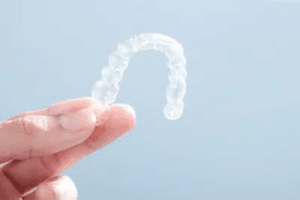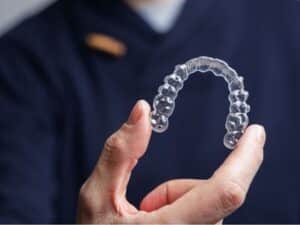It seems like everyone wants braces these days. In the search for straight teeth and a perfect smile, braces can really come in handy. They can fix crowded teeth, crooked teeth, gapped teeth, overbites, underbites and much more. So it really makes sense that a lot of people are searching for braces. In the old days, braces were almost exclusive for children and teens. You would very rarely hear of an adult wearing braces, let alone demanding them to fix their teeth. But no more. Adult braces are a thing, and a highly wanted thing at that. That being said, should you get braces as a child or as an adult? Or – in other words – what is a good age to get braces?
Why were braces mainly for children?
There are 2 main reasons behind that. The first is how braces look. In the old days, there were only the metallic braces, with the metal wire and the colorful elastics worn on the teeth, and most adults would defer from such treatment solely because they couldn’t stand the way they looked with braces. Nowadays there are many more esthetic options to choose from. Clear braces, lingual braces and of course Invisalign have all made it easier for adults to wear braces.
The second reason is the very common misconception that braces won’t work with adults. That is simply not true. Some people might think that since they are older, that their bones and teeth are set, and no movement can ever fix their teeth’s malalignment, but they fail to grasp just how resilient the human body is. Our bodies can grow and regenerate throughout our entire lives. So when you wear braces as an adult, your teeth would definitely move, only a little bit slower, as we’ll explain in a bit.
Now let’s answer our main question: What is a good age to get braces?
Again we feel the importance of letting you know that there is no fixed age for braces. You can get them even if you’re 60 or 70 years old. However, there is a certain age range that would be ideal to get braces, and that is between 12 and 16 years of age.
The reason for that is simple: It is the period of the growth spurt. During the growth spurt period, the bodies of teenagers are in a constant stage of change, growing into their skin. If your orthodontist taps into that period, the results will be extremely fast and satisfactory. Plus, all the teeth should have come out at that age, meaning the orthodontist can easily apply the braces to them.
On the other hand, with older age, the bones become stronger and sturdier, so that they can withstand all the pressure from standing, running and work. That doesn’t mean they can’t change, just means the change can be quite slow.
To put it simply, if you – an adult – and your child – a teenager – share a similar case of teeth mal-alignment, and you both decide to get braces at the same time, he would finish his treatment plan a lot faster than you.
So when contemplating what is a good age to get braces, you really don’t have to worry. Even if you get delayed a bit and start braces well into your adulthood, all you’ll lose is a little bit more time of treatment.




